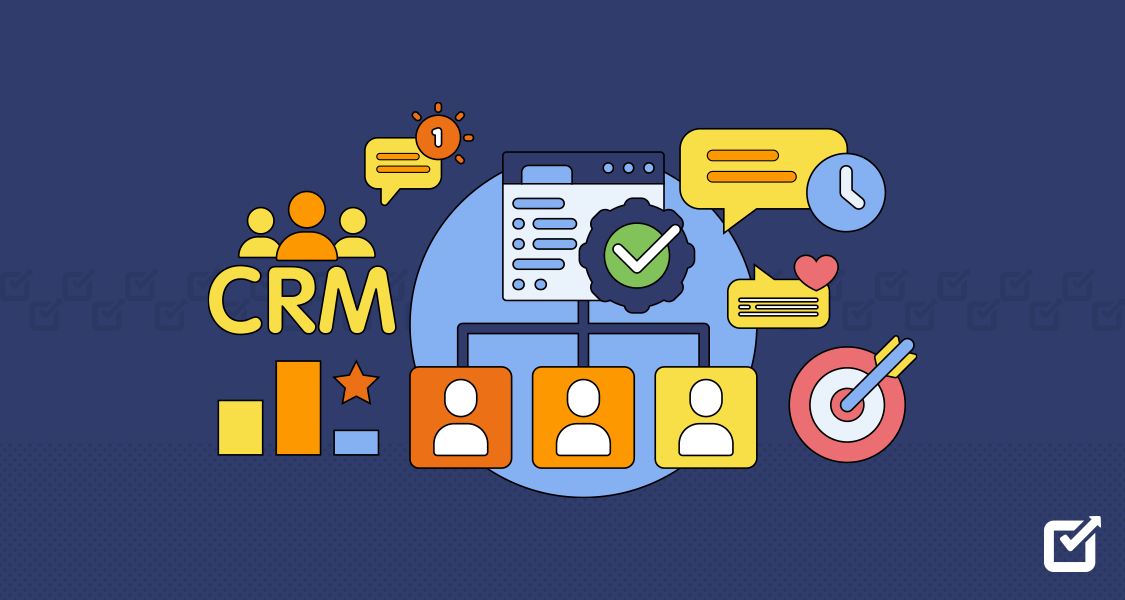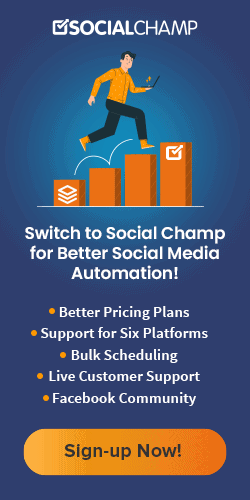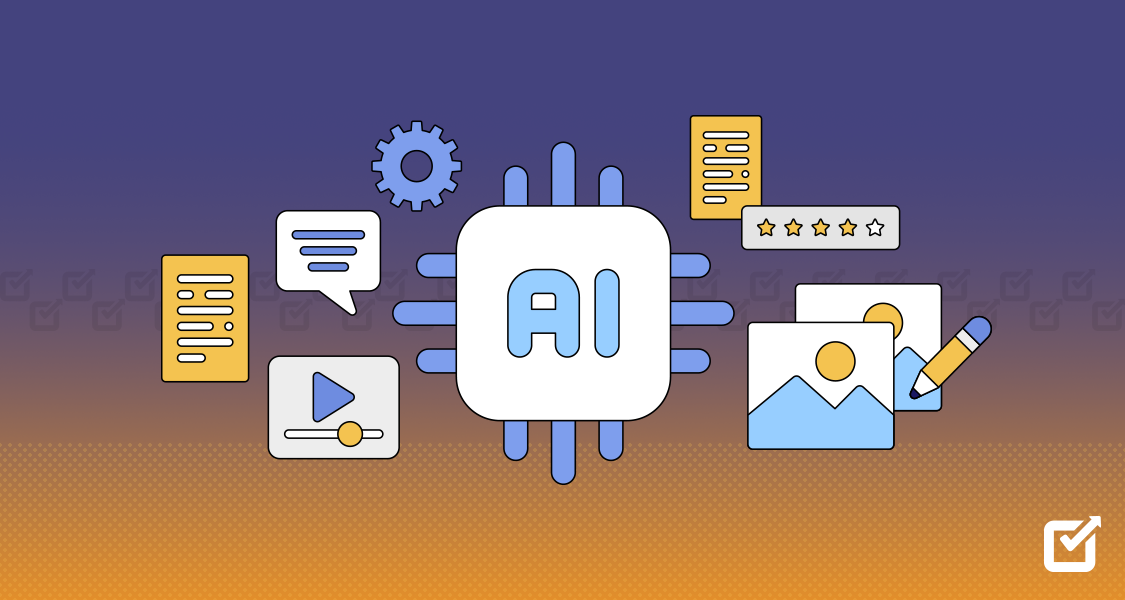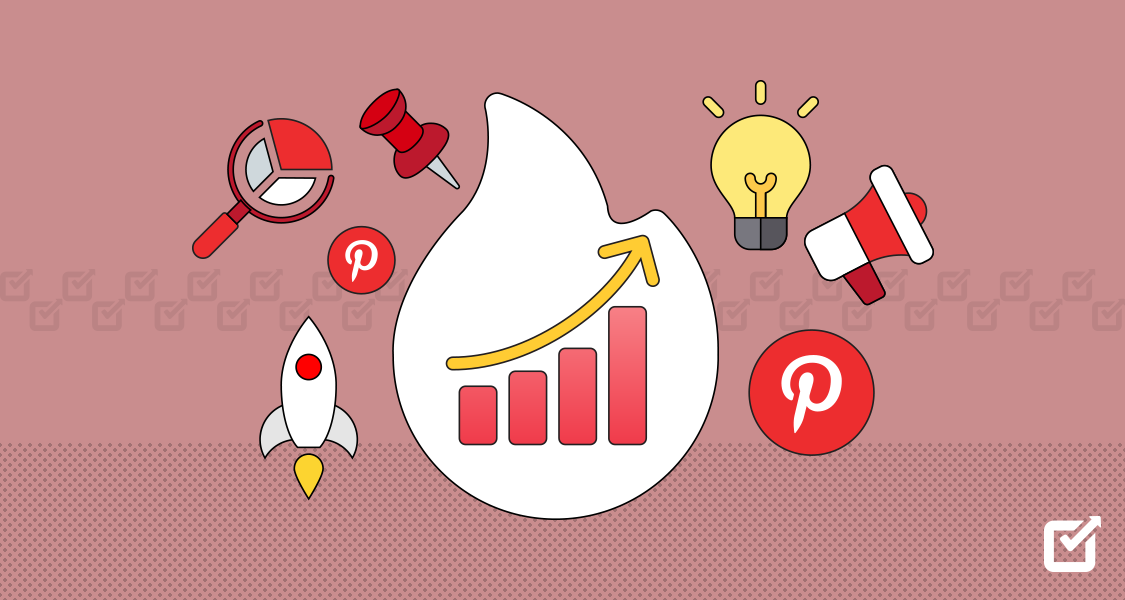Imagine being able to listen in on all your customer conversations happening at once, across every social media platform. Wouldn’t it make it easier to understand what your customers want?
That’s the power of Social CRM. This innovative approach to customer relationship management goes beyond traditional methods, giving you a real-time pulse on your audience and the tools to engage them directly.
But how do you put it into action?
This centralized hub consolidates all your social media interactions into a single stream, allowing you to see every comment, message, and mention in one place. No more hopping between platforms or missing out on important conversations. With a social inbox tool, you can streamline your workflow, respond to inquiries faster, and provide exceptional customer service – all from a single dashboard.
Social CRM, combined with the right Social Inbox Tool, empowers you to build stronger customer relationships and foster a thriving online community. Let’s dive deeper and explore the best tips and tools to maximize your Social CRM efforts in 2024!
What Is Social CRM?
Social Customer Relationship Management (CRM) is a strategic approach that integrates social media channels into traditional CRM practices to enhance customer interactions, create meaningful relationships, and drive business growth.
Unlike conventional CRM, which primarily focuses on managing customer data and interactions through email, phone calls, and in-person meetings, Social media CRM expands the scope to include social media platforms like Facebook, Twitter, Instagram, LinkedIn, and others.
Are You Ready to Revolutionize Your Customer Relationships?
Try Social Champ to unlock the power of Social CRM in 2024 with our top-notch Social inbox tool!
At its core, Social CRM aims to utilize the power of social media to gain deeper insights into customer behaviors, preferences, and sentiments. By monitoring social media conversations, engagements, and feedback, businesses can gather valuable data that helps in understanding customer needs and expectations more effectively.
This data-driven approach enables businesses to personalize their interactions, tailor offerings, and deliver a more relevant and engaging experience to their audience.
Related Article: 20+ Social Media Video Tips to Boost Engagement in 2024
What Are the Benefits of Social CRM?
Social CRM, or social customer relationship management, offers numerous benefits for businesses in today’s digital age. Here are some key advantages of incorporating social CRM into your strategy:
Increased Sales and Revenue
Effective social media engagement can turn casual followers into loyal customers. Social CRM facilitates targeted promotions, personalized recommendations, and effective lead nurturing, ultimately driving sales and revenue growth.
Stronger Collaboration
Social media CRM fosters better collaboration between customer service, marketing, and sales teams. By sharing insights gleaned from social media interactions, these teams can work together to deliver a more cohesive and customer-centric experience.
Deeper Customer Insights
Social CRM allows businesses to gain comprehensive insights into customer behaviors, preferences, and sentiments by monitoring social media interactions. This deeper understanding enables personalized marketing, targeted promotions, and tailored offerings that resonate with customers.
Improved Customer Service
This service enables businesses to provide seamless and efficient customer service through social media channels. Quick response times, personalized assistance, and resolving issues publicly demonstrate a commitment to customer satisfaction, enhancing brand reputation.
Competitive Advantage
Adopting Social CRM practices gives businesses a competitive advantage by staying ahead of market trends, understanding competitor activities, and adapting quickly to changing customer expectations. This agility and customer-centric approach drive sustainable growth and differentiation in the market.
Cost Savings
Social media marketing is often more cost-effective than traditional advertising methods. Social CRM streamlines social media management, reduces manual efforts and allows you to target your audience precisely, maximizing your return on investment (ROI).
Overall, it’s a powerful tool that empowers businesses to utilize the power of social media to connect with customers, build stronger relationships, and achieve their marketing and sales goals.
Related Article: 20+ Essential Social Media Promotion Ideas for 2024
Traditional CRM vs. Social CRM
Traditional Customer Relationship Management (CRM) and Social Customer Relationship Management (CRM) are both essential approaches to managing customer interactions, but they differ in their scope and focus.
Traditional CRM
Traditional CRM primarily revolves around managing customer data and interactions through traditional channels such as emails, phone calls, in-person meetings, and CRM software systems. It aims to streamline processes, track customer interactions, manage sales pipelines, and improve customer service.
Traditional CRM systems typically focus on capturing and analyzing structured data, such as contact information, purchase history, and communication logs, to understand customer behaviors and preferences.
Social CRM
CRM social media expands the CRM paradigm by incorporating social media channels into customer relationship management strategies. It goes beyond traditional methods to capture unstructured data from social media platforms like Facebook, Twitter, LinkedIn, and Instagram.
CRM social media focuses on monitoring social media conversations, analyzing customer sentiments, engaging with customers in real time, and using social data to personalize interactions and drive business outcomes.
In summary, traditional CRM is centered on structured data and traditional communication channels, whereas social media CRM embraces social media platforms, unstructured data, real-time engagement, and personalized interactions to elevate customer relationship management strategies.
Featured Article: 25+ Social Media Posts to Populate Your Calendar in 2024
Top 5 Social CRM Software and Tools
Choosing the right Social CRM software depends on your specific needs and budget. Here’s a breakdown of 5 popular options that can fulfill your needs effectively.
Social Champ

Social Champ Social Inbox Social Champ’s Social Inbox is a centralized communication hub that brings together messages, comments, and mentions from various social media platforms into one convenient dashboard.
This unified view simplifies communication management, ensuring that no interaction goes unnoticed. Real-time notifications keep you informed about new messages and engagements, allowing for prompt responses to customer inquiries and feedback. Collaboration is seamless with features like task assignment, tagging colleagues, and shared notes, promoting teamwork and consistency in messaging.
Automation and scheduling capabilities streamline workflow and optimize engagement strategies, saving time and effort. Analytics tools provide valuable insights into social media performance, while customizable filters and tags enhance organization and prioritization of communication tasks.
Salesforce Social Studio

Salesforce Social Studio Salesforce Social Studio is a comprehensive social media management platform that empowers businesses to enhance their social media presence and engagement effectively. It offers a unified approach to social listening, allowing businesses to monitor brand mentions, track keywords, and stay updated on industry trends across various social media platforms.
With features for streamlined engagement management, teams can efficiently respond to comments, messages, and mentions from a centralized dashboard, fostering collaboration and ensuring prompt customer interactions.
The platform’s content publishing and scheduling capabilities enable businesses to plan and schedule posts, campaigns, and promotions, ensuring consistent and timely communication with their audience. Robust analytics and reporting tools provide actionable insights into social media performance, helping businesses analyze trends, evaluate campaign effectiveness, and make data-driven decisions to optimize strategies.
Hubspot CRM

HubSpot CRM HubSpot CRM is a versatile and user-friendly customer relationship management platform that empowers businesses to streamline their sales, marketing, and customer service efforts effectively. It offers a unified view of customer interactions, allowing teams to manage contacts, track deals, and monitor communication seamlessly.
With robust features for lead management and segmentation, HubSpot CRM enables businesses to capture leads, nurture relationships, and personalize interactions based on customer preferences and behavior. The platform’s marketing automation tools facilitate targeted campaigns, email marketing, and content management, driving engagement and conversions.
Additionally, HubSpot CRM provides comprehensive analytics and reporting capabilities, empowering businesses to track performance metrics, measure ROI, and make informed decisions to optimize strategies. Integration with other HubSpot tools enhances functionality, offering a holistic approach to customer relationship management and supporting business growth and success.
Zoho CRM Plus

Zoho CRM Plus Zoho CRM Plus is a comprehensive customer relationship management (CRM) solution that offers businesses a range of tools and functionalities to enhance customer engagement, streamline sales processes, and drive business growth. At its core, Zoho CRM Plus provides a centralized platform for managing customer interactions, contacts, deals, and tasks, ensuring a unified view of customer data across the organization.
One of the key strengths of Zoho CRM Plus is its versatility and scalability, making it suitable for businesses of all sizes and industries. The platform offers customizable modules and workflows, allowing businesses to tailor the CRM system to their specific needs and requirements. This flexibility enables businesses to adapt and evolve their CRM strategies as their customer base grows and their business expands.
Zoho CRM Plus goes beyond traditional CRM functionalities by incorporating features such as social media integration, marketing automation, analytics, and customer support tools. The platform allows businesses to connect with customers on social media platforms, track social media interactions, and leverage social data to enhance customer relationships.
Sprout Social

Sprout Social Sprout Social is a powerful social media management platform designed to help businesses manage and optimize their social media presence effectively. At its core, Sprout Social offers a range of features and tools that enable businesses to monitor, engage, analyze, and publish content across various social media platforms.
One of the key strengths of Sprout Social is its social media monitoring capabilities. The platform allows businesses to monitor brand mentions, track keywords, and stay updated on industry trends in real-time. This social listening feature enables businesses to understand customer sentiments, identify opportunities, and respond promptly to customer inquiries and feedback.
The platform’s publishing and scheduling features enable businesses to plan and schedule social media posts, campaigns, and promotions across multiple channels. This helps in maintaining a consistent and cohesive social media presence, reaching the target audience at optimal times, and driving engagement and conversions.
Social CRM Challenges
- Data Integration: Integrating social media data with existing CRM systems can be complex and requires seamless integration to ensure data accuracy and consistency.
- Privacy and Compliance: Managing customer data privacy and ensuring compliance with data protection regulations poses challenges in social CRM, especially with the diverse nature of social media platforms.
- Social Media Noise: Dealing with a vast amount of social media data and separating meaningful insights from noise can be challenging, requiring advanced analytics and filtering tools.
- Real-Time Engagement: Maintaining real-time engagement with customers across multiple social platforms requires efficient monitoring, response mechanisms, and proactive communication strategies.
- Resource Allocation: Allocating resources such as time, personnel, and budget effectively for social CRM initiatives can be a challenge, especially for smaller businesses or teams.
Conclusion
Social CRM represents a pivotal strategy for businesses in 2024, integrating social media dynamics with traditional CRM practices to build meaningful customer relationships and drive business growth. The best tips and tools for Social CRM in 2024 encompass a holistic approach, including comprehensive social listening, proactive engagement, personalized communication, automation, analytics, and collaboration. Using advanced tools such as Salesforce Social Studio, HubSpot CRM, Zoho CRM Plus, Sprout Social, and others, businesses can optimize their social media management efforts, gain valuable insights, and deliver exceptional customer experiences.
By accepting social media CRM strategies and utilizing the right tools, businesses can stay competitive, adaptive, and customer-centric in a growing digital world.


















